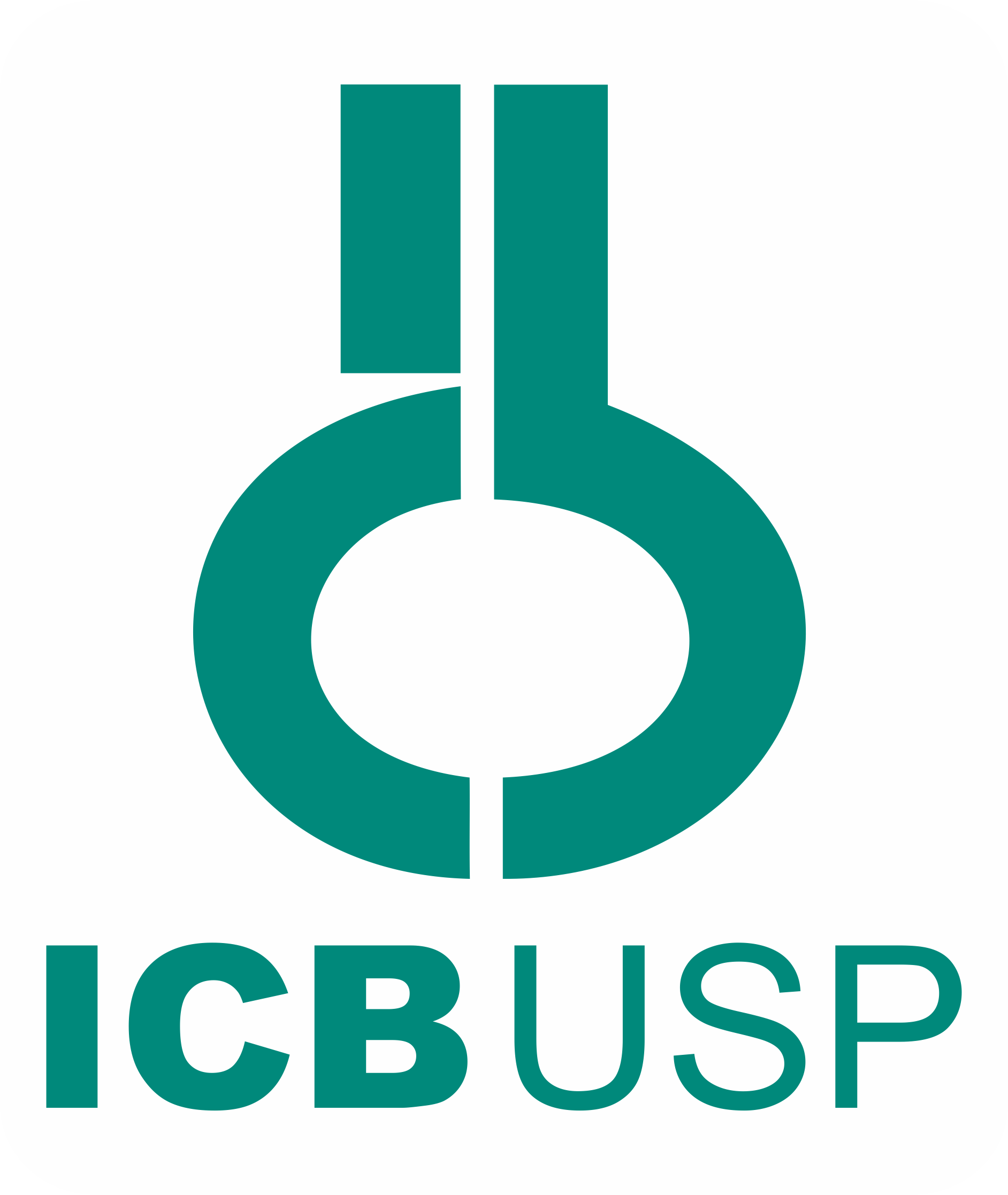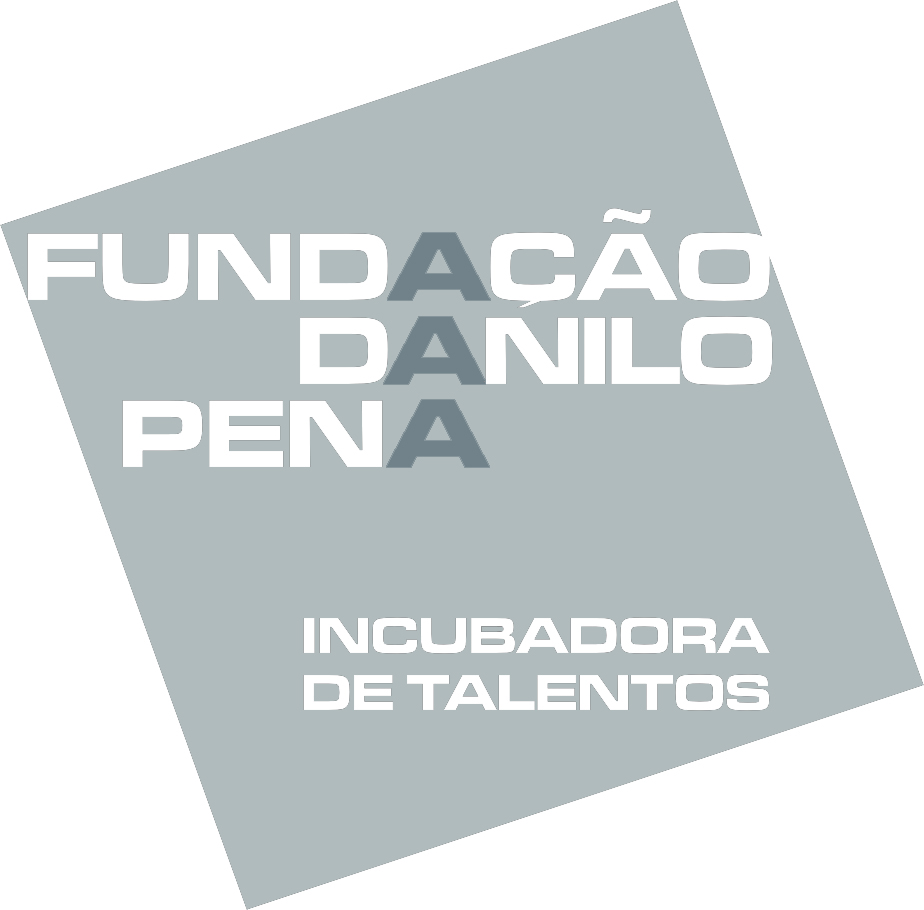
A downloadable version of the program can be found here. A more complete version of the program, with an abstract book, can be found here.
* Short courses will be held at a different address: Ed. Biomédicas 2 (Building 2 of Biomedical Sciences), Avenida Professor Lineu Prestes, 1374, University of São Paulo. For those who will take these courses, it is not necessary to do the registration before in the main event's address, at the CDI ("Centro de Difusão Internacional"). You may proceed directly to the building where the short courses will be held, and do the registration at the CDI after them.
| September 7th | |
|---|---|
| from 9:00 | In Loco Registration* |
| 9:00-13:00 | SHORT COURSES* |
| Aging and Neurodegeneration: the role of redox processes and DNA repair mechanisms.Giovana Leandro and Natalia Cestari Moreno, University of São Paulo, SP. | |
| DNA lesions and repair in host-pathogen interaction.Pilar Veras, University of São Paulo, SP, and Bruno Repolês, Federal University of Minas Gerais, BH, MG. | |
| Mitochondrial DNA repair.Nadja Souza-Pinto, University of São Paulo, SP, and Mateus Prates Mori, University of São Paulo, SP. | |
| 15:00 | Opening FARM-DNA presentation |
| 15:30-16:30 | OPENING LECTURE |
| How History and Geography can explain the high incidence of XP-C patients in the Comorian Archipelago and their link with some Brazilian XPs.Alain Sarasin, Institut Gustave Roussy, Villejuif, France. | |
| 16:30-18:30 | SYMPOSIUM 1 – DNA REPAIR AND CANCER |
| The DNA-double strand break repair protein PALB2: function, regulation, and charting synthetic lethal strategies for cancer treatment.Jean-Yves Masson, CHU de Québec-Université Laval Research Center, Québec City, QC, Canada. | |
| XRCC1 mediated interactions shed light on its links with cancer risk.Luís Mariano Polo, University of Sussex, Brighton, UK. | |
| DNA repair imbalance is associated with tumor aggressiveness and modulates response to chemotherapy in sporadic colorectal cancer.Jenifer Saffi, Universidade Federal de Ciências da Saúde de Porto Alegre (UFCSPA), Porto Alegre, Rio Grande do Sul, Brazil. | |
| Cyclin E: Replication Stress and Genomic Instability in Human Cancer.Leonardo Karam Teixeira, Brazilian National Cancer Institute (INCA), Rio de Janeiro, RJ, Brazil. | |
| 18:30 | Welcome Drinks! |
| September 8th | |
| 08:30-10:30 | SYMPOSIUM 2 – MECHANISMS OF DNA DAMAGE BYPASS |
| Redefining replication stress response pathways in BRCA1-deficient cells.Alessandro Vindigni, Saint Louis University School of Medicine, St. Louis MO, USA | |
| The nascent DNA: a signaling toolbelt that integrates multiple pathways in cells.Vanesa Gottifredi, Fundación Instituto Leloir, IIBBA/ CONICET, Buenos Aires, Argentina. | |
| ATR controls nuclear mechanics and prevents nuclear collapse during interstitial migration.Marco Foiani, IFOM- FIRC Institute of Molecular Oncology, & DIPO-University of Milan, Milan, Italy | |
| Unexpected role of the specialized polymerase zeta in DNA replication and genome stability.Patricia Kannouche, Institut Gustave Roussy, Villejuif, France. | |
| 10:30-11:00 | Coffee break |
| 11:00-13:00 | SYMPOSIUM 3 – RNA AND TRANSCRIPTION ON DAMAGED TEMPLATE |
| Role of chromatin and DNA damage response functions in R loop-mediated genome instability.Andrés Aguillera, Universidad de Sevilla, Seville, Spain. | |
| Gene expression misregulation in DNA repair deficient cells.Manuel J. Munoz, Universidad de Buenos Aires, Buenos Aires, Argentina. | |
| Chemical Inhibition of APE1 and its transcriptional consequences.Lucymara F. Agnez Lima, Universidade Federal do Rio Grande do Norte, Natal, Brazil. | |
| 13:00-14:00 | Lunch |
| 14:00-14:45 | LECTURE 2 |
| ATR controls nuclear mechanics and prevents nuclear collapse during interstitial migration.Marco Foiani , IFOM- FIRC Institute of Molecular Oncology, & DIPO-University of Milan, Milan, Italy. | |
| 14:45-15:00 | Coffee break |
| 15:00-17:00 | SYMPOSIUM 4 – NUCLEAR STRESS AND DNA REPAIR |
| The Long and Short of It: Mammalian Base Repair Pathways for Oxidative DNA Lesions.Bruce Demple, Stony Brook University, School of Medicine, Stony Brook, NY, USA. | |
| Loss of function of the Fanconi anemia A protein leads to nucleolar stress and altered ribosomal biogenesis.Filippo Rosselli, Institut Gustave Roussy, Villejuif, France. | |
| The recombinase Rad51 plays a key role in events of genetic exchange in Trypanosoma cruzi.Carlos Renato Machado, Universidade Federal de Minas Gerais, Belo Horizonte, Brazil. | |
| The histone chaperone HJURP facilitates DSB repair and promotes radioresistance to astrocytoma cells.Valeria Valente, Faculty of Pharmaceutical Sciences of Araraquara, University of São Paulo State, Araraquara, Brazil. | |
| 17:00-19:00 | Poster session |
| September 9th | |
| 08:30-10:30 | SYMPOSIUM 5 – MAKING AND MENDING BREAKS ON DNA |
| RAD51 generates genetic instability through non-homologous recombination.Bernard Lopez, Institut Gustave Roussy, Villejuif, France. | |
| Quantitative Analysis of DNA Damage Signaling Responses.Francisco Meirelles Bastos de Oliveira, Universidade Federal do Rio de Janeiro, Brazil. | |
| DNA single-strand breaks, genome stability, and human disease.Keith W. Caldecott, Genome Damage and Stability Centre, University of Sussex, UK. | |
| Protein ADP-ribosylation, genomic stability and human disease.Nicolas Hoch, Instituto de Química, Universidade de São Paulo, Brazil. | |
| 10:30-11:00 | Coffee break |
| 11:00-13:00 | SYMPOSIUM 6 – MECHANISMS FOR MAINTAINING GENOME INTEGRITY |
| Damage sensor role of UV-DDB during base excision repair: stimulation of APE1 and OGG1.Ben Van Houten, University of Pittsburgh, Pittsburgh, USA | |
| Mfn1 is essential to oocyte fertility in mice whereas Mfn2 is required in oocytes to filter out mutant mitochondrial DNA.Marcos Chiaratti, Federal University of São Carlos, SP, Brazil. | |
| Twinkle and the maintenance of mitochondrial DNA.Marcos T. Oliveira, Universidade Estadual Paulista, Jaboticabal, SP, Brazil. | |
| Cross-talk between phospholipid metabolism and DNA Damage Response in Saccharomyces cerevisiae.Jose Renato Cussiol, Universidade Federal de São Paulo, SP, Brazil. | |
| 13:00-15:00 | Lunch and poster session |
| 15:00-15:45 | LECTURE 3 |
| Genome maintenance protects from aging and cancer: the impact of nutrition.Jan Hoeijmakers, Erasmus Medical Center, Rotterdam, The Netherlands. | |
| 15:45-16:00 | Coffee break |
| 16:00-18:00 | SYMPOSIUM 7 – CARCINOGENESIS AND STEM CELLS |
| The Repertoire of Mutational Signatures in Human Cancer.Ludmil Alexandrov, University of California, San Diego, La Jolla, CA, USA. | |
| Blocking LINE-1 reverse transcriptase activity in TREX1-deficient cells rescues neurotoxicity in Aicardi-Goutières syndrome.Alysson Muotri, University of California, San Diego, La Jolla, CA, USA. | |
| Targeted Apoptosis of Senescent Cells against Aging and Cancer.Peter de Keizer, Center for Molecular Medicine, University Medical Center Utrecht, Utrecht University, The Netherlands. | |
| DUOX1 Silencing in Mammary Cell Alters the Responses to Genotoxic Stress.Rodrigo Soares Fortunato, Universidade Federal do Rio de Janeiro, RJ, Brazil. | |
| 18:00 | Closing ceremony with poster awards distribution |








